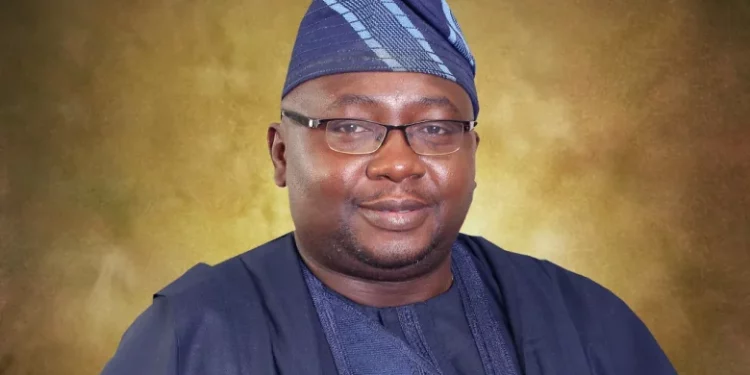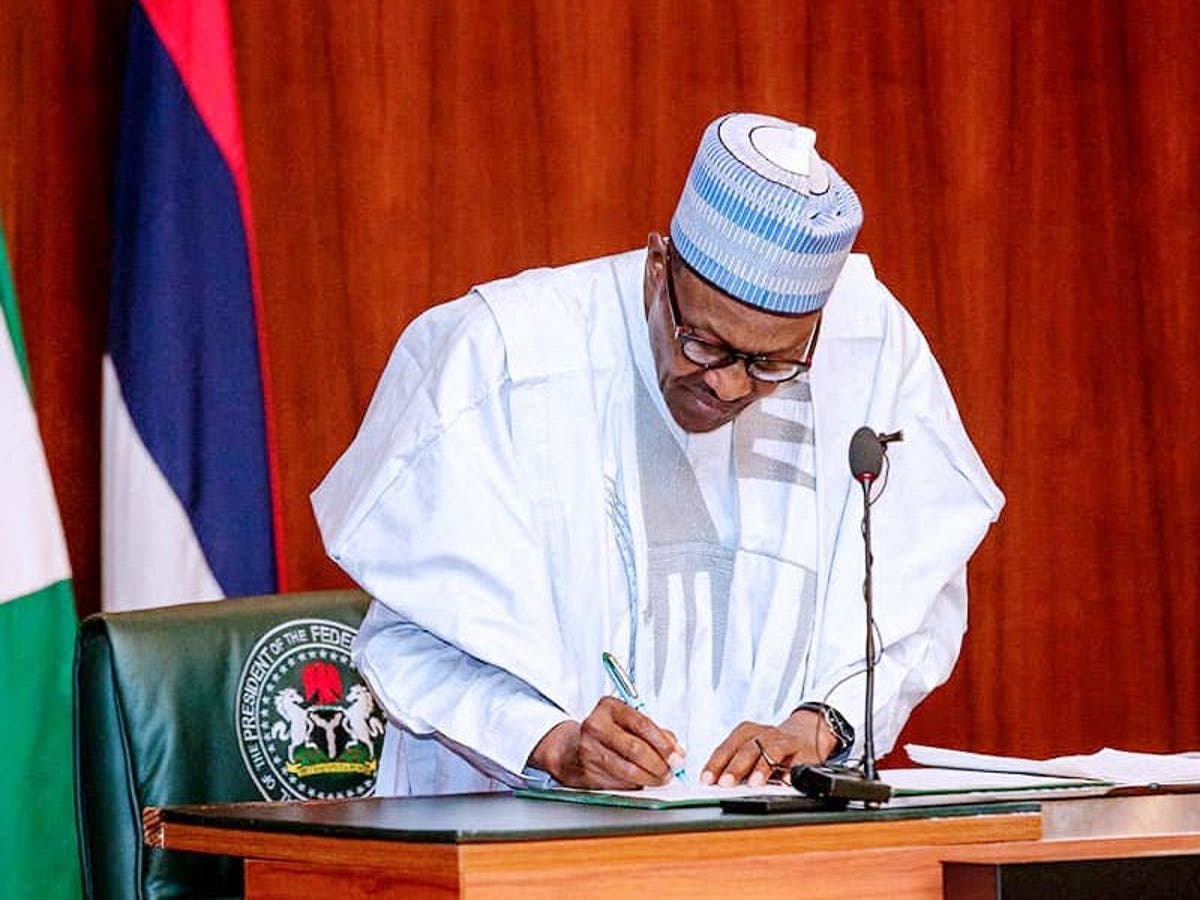President Bola Tinubu has restated his administration’s commitment to transforming Nigeria’s power sector, assuring Siemens Energy of full government support in implementing the Presidential Power Initiative (PPI), which aims to boost electricity generation by an additional 4,000 megawatts.
The assurance came during a meeting at the State House in Abuja with a Siemens Energy delegation led by the company’s Managing Director for the Middle East and Africa, Dietmar Siersdorfer. The President emphasized that a reliable power supply remains central to industrial growth, education, and healthcare delivery in Nigeria.
“There is no industrial growth or economic development without power,” Tinubu said. “The progress of the project to date is notable, but it is not where we want it to be. We appreciate the partnership with the German government and Siemens because our education, healthcare, and transportation all depend on energy. Without power, development becomes impossible.”
The meeting was attended by Vice President Kashim Shettima, the Coordinating Minister of the Economy, Wale Edun, the Minister of Power, Adebayo Adelabu, and the Special Adviser on Energy, Olu Verheijen. Tinubu also directed that key transformer substations under the project be expanded from two to three phases to strengthen the country’s transmission capacity.
The PPI, a partnership between Nigeria and Siemens Energy, is designed to modernise and expand the country’s electricity infrastructure in phases, ultimately delivering a more stable and efficient power system.
Highlighting progress so far, the Minister of Power, Adebayo Adelabu, disclosed that since the signing of the Accelerated Agreement at COP28 in Dubai in 2023, several milestones have been achieved under the project’s pilot phase.
According to him, Siemens Energy has delivered and commissioned 10 132/33kV mobile substations, 3 75/100 MVA transformers, and 7 60/66 MVA transformers across major load centres, adding 984MW of transmission capacity to the national grid.
He added that the Federal Executive Council had approved the Engineering, Procurement, and Construction contract for Phase One, Batch One, covering five key substations in Abeokuta, Offa, Ayede-Ibadan, Sokoto, and Onitsha. Two of these substations, he said, are expected to be completed by the end of 2026.
“As we consolidate the gains from the pilot phase, we are also preparing for Phase One–Batch Two, which includes six Brownfield and ten Greenfield substations with a combined capacity impact of 4,104MW,” Adelabu said.
The Minister of Finance and Coordinating Minister of the Economy, Wale Edun, described the PPI as a catalyst for industrial expansion, job creation, and improved ease of doing business, noting that better electricity access would help small businesses thrive.
Siersdorfer, who led the Siemens delegation, confirmed that construction and equipment manufacturing for the substations are progressing as planned. He added that a training centre is being built to develop local engineering talent and facilitate technology transfer.
“The PPI is not just a project but a platform for long-term development and prosperity,” Siersdorfer said. “Nigerian professionals are being directly engaged at project sites, while thousands of indirect jobs will be created through services, logistics, and local supply chains.”
Representing the German Ambassador, Johannes Lehne reaffirmed Germany’s commitment to continued collaboration with Nigeria on the power project.
For Nigeria’s industrial base and MSME sector, the success of the Siemens-led power initiative could mark a turning point. A stronger electricity network would lower production costs, improve business efficiency, and accelerate economic diversification across the country’s manufacturing and service sectors.










